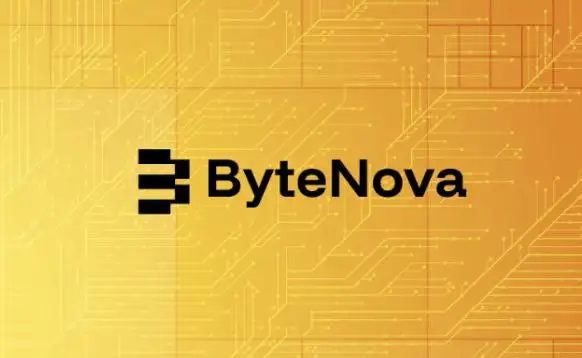
The crypto industry sees new projects and tokens emerge almost daily, each seeking to attract the attention of investors, expand their audience, and increase the liquidity of their tokens. And while creating a token is only one aspect, the real challenge is listing it on a crypto exchange.
Behind the facade of this procedure, there are a number of processes, requirements and criteria that you need to be aware of. So, how do cryptocurrencies get listed on the leading exchanges, and what do startups need to know to not only get listed but also ensure the further development of the project?
Listing is the process of adding a token to a cryptocurrency exchange or trading platform, after which users can freely buy, sell, and exchange it. The process involves several stages: application by the project, evaluation of the token by the exchange, verification of documentation, ensuring compliance with the platform’s requirements, and technical integration to the exchange.
After a successful listing, the token becomes available for trading, which is accompanied by announcements in the exchange’s channels and helps to increase the liquidity of tokens and their recognition among investors. Tokens can be listed on crypto exchanges based on different criteria. The main types of listing include the following:
By process type:
By level of complexity:
By type of exchange:
By time:
When it comes to listing a coin, cryptocurrency exchanges are very cautious. They do not accept every project that applies, as it is a thorough selection process that takes into account many factors. The main focus is on the technological basis of the token, the quality and experience of the team, the potential of the coin, and regulatory compliance.
For crypto platforms, it is important not only to add a new coin to the asset list, but also to ensure that it is safe, reliable for traders and compliant with standards.
The application approval process is not fast, as it involves a significant verification process for all of these aspects. Moreover, the quick approval of a token listing application often means that the exchange does not conduct an in-depth review of the project’s details, such as assessing its volatility or verifying the team.
As an example, we can mention the recent update from Binance — the ‘Vote to List’ feature. It actually changes the traditional approach to the selection of new tokens, turning the process into a competition for popularity. The focus is now on community engagement and support, which can directly influence the platform’s decisions.
At the same time, despite the fact that the Binance team still conducts an additional audit of the projects that received the most votes, this model still has its risks. After all, projects of dubious quality may receive support simply because of a good marketing campaign or a large fan base, rather than real value or reliability.
In contrast, some crypto exchanges, such as Coinbase, WhiteBIT or Kraken, adhere to stricter standards. Their KYB (Know Your Business) procedure is much more complex, but this is what shows that they are serious about compliance and vetting projects before listing.
So, if you have decided to create your own crypto project and plan to place your token on a cryptocurrency exchange, you should be well-prepared for this process. There are several aspects that will help increase your chances of success.
On-Chain Media articles are for educational purposes only. We strive to provide accurate and timely information. This information should not be construed as financial advice or an endorsement of any particular cryptocurrency, project, or service. The cryptocurrency market is highly volatile and unpredictable.Before making any investment decisions, you are strongly encouraged to conduct your own independent research and due diligence
Tags :

0 Comments
Show More

Circle USDC, led by Nima Elmi, holds early talks with the Nigeria's Ad Hoc Committee on Cryptocurrency.

Volatility drives trader behavior. See how major exchanges use targeted competitions to channel market chaos into structured trading volume.

Backed by NVIDIA and a16z, ByteNova is unlocking the full potential of Web3 and Edge AI
On-Chain Media is an independent, reader-funded crypto media platform. Kindly consider supporting us with a donation.
bc1qp0a8vw82cs508agere759ant6xqhcfgcjpyghk
0x18d7C63AAD2679CFb0cfE1d104B7f6Ed00A3A050
CBaXXVX7bdAouqg3PciE4HjUXAhsrnFBHQ2dLcNz5hrM
Contains the last 12 releases